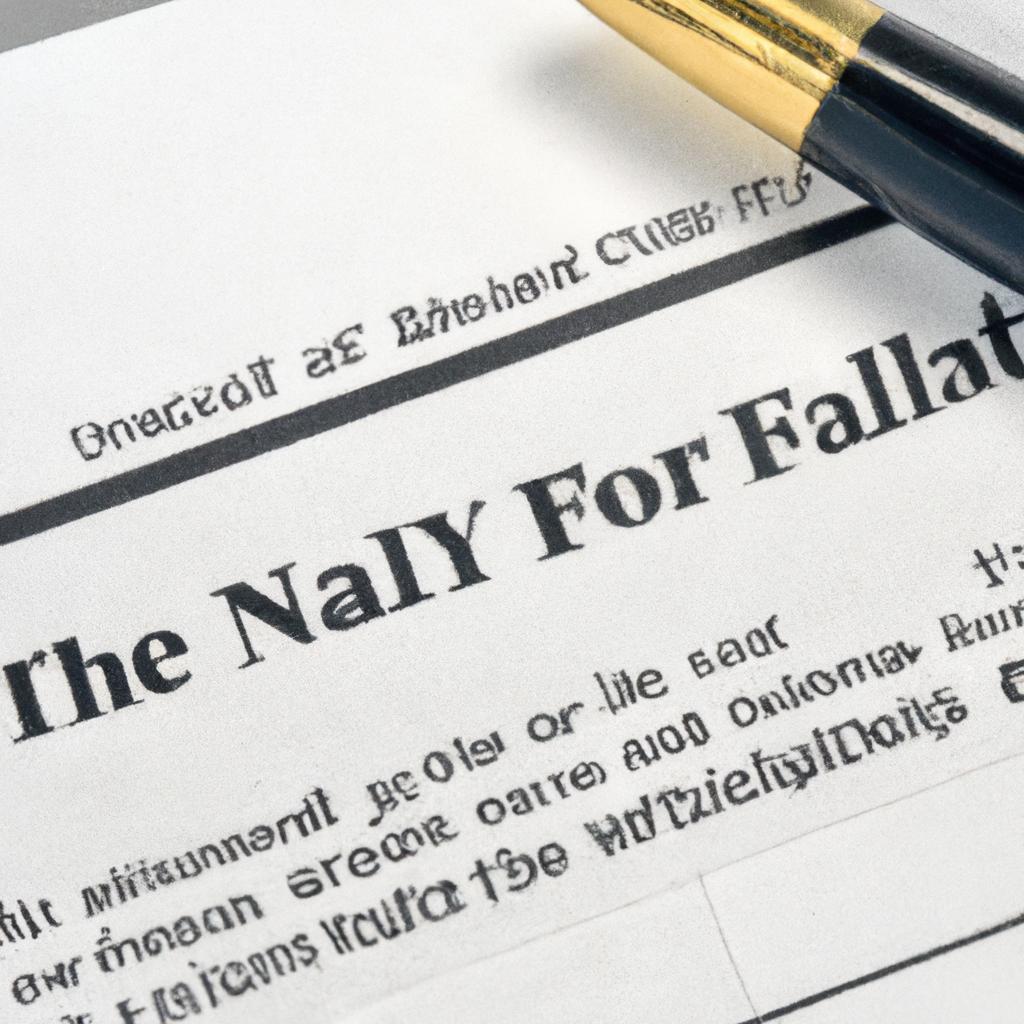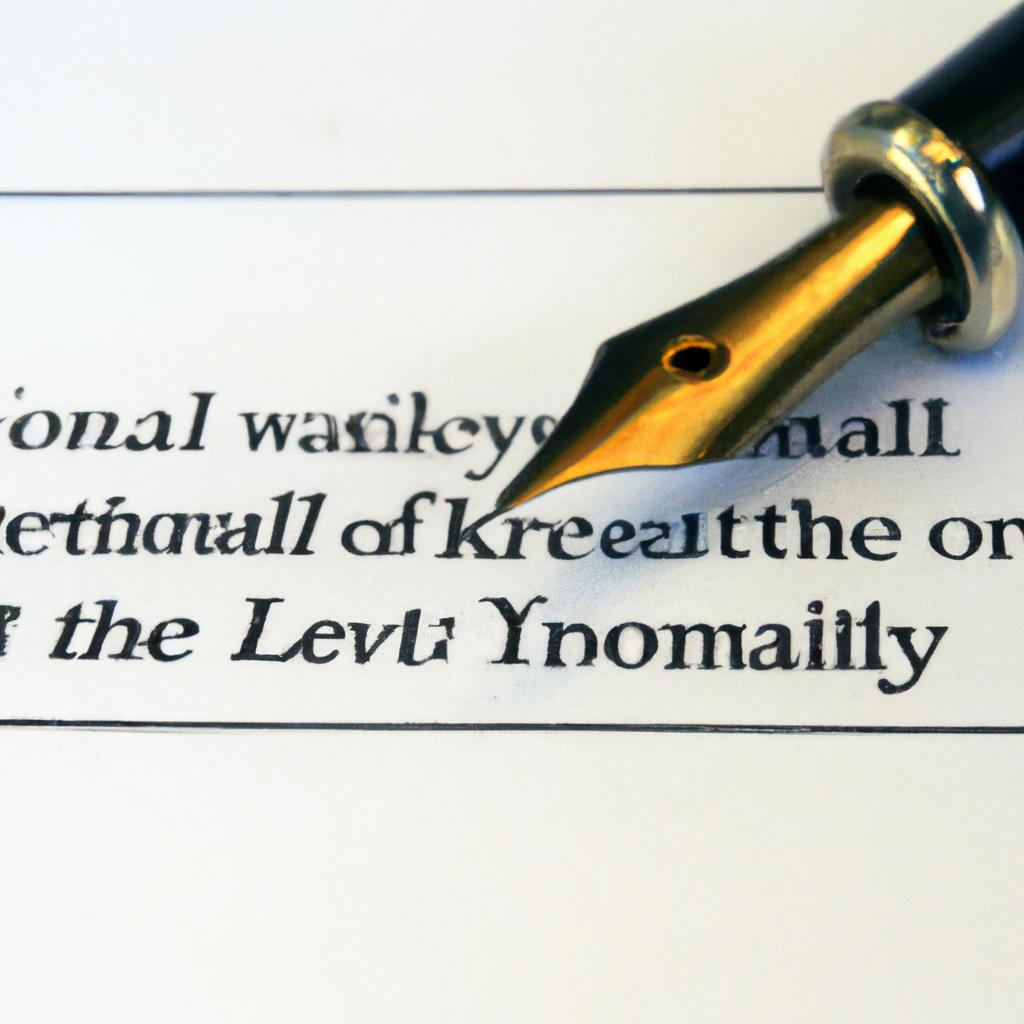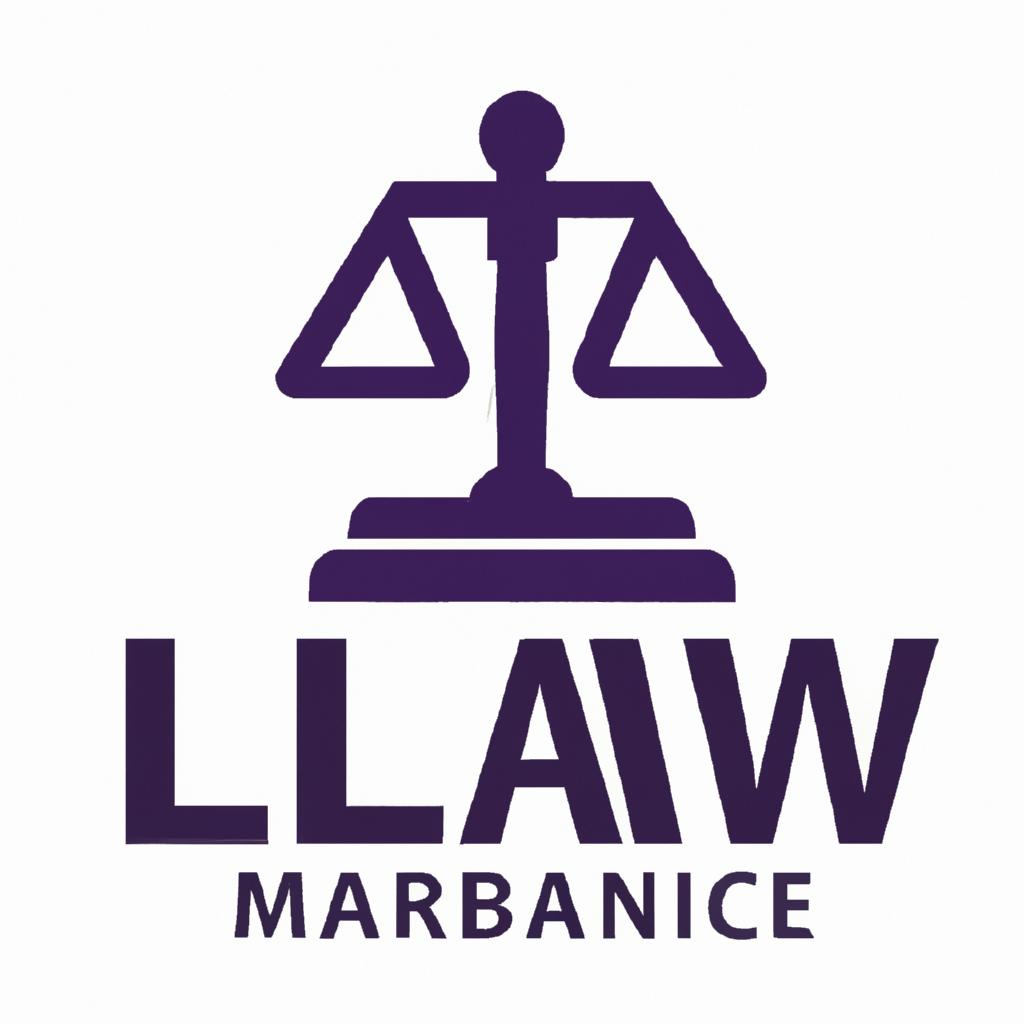In the intricate realm of estate planning, the question often arises: is a notarized document legally binding as a will? This inquiry delves into the nuanced intersection of law and testamentary intentions. As experienced practitioners in the field of Wills and trust law, the Morgan Legal Group, situated in the bustling metropolis of New York City, navigates this complex issue with precision and clarity. Join us as we unravel the complexities surrounding notarized documents and their validity as wills.
Validity of a Notarized Document as a Will in New York State
Notarized documents can serve as a valid will in New York State under certain circumstances. While traditional wills are typically witnessed by two individuals, a notarized will requires only the notary’s seal and signature to be considered legal. In New York, a notarized will must meet specific criteria to be deemed valid, including the testator’s signature, acknowledgment by the testator that the document is their last will and testament, and the notary’s signature and seal.
It is important to note that not all notarized documents can be considered valid wills in New York State. To ensure the legality of your will, it is best to consult with an experienced estate planning attorney. At Morgan Legal Group, our team of dedicated professionals can guide you through the process of creating a legally binding will that meets all requirements set forth by New York State law. Contact us today for expert advice on estate planning, probate, elder law, and trust matters.

Key Requirements for a Notarized Will to Be Considered Legal
When it comes to the validity of a notarized will, there are several key requirements that must be met in order for it to be considered legal. First and foremost, the testator must be of sound mind and legal age at the time the will is executed. This means that they must be mentally competent and at least 18 years old.
Additionally, the will must be signed by the testator in the presence of at least two witnesses who are not beneficiaries of the will. These witnesses must also sign the will in order for it to be considered valid. Finally, the will must be notarized by a licensed notary public in order to further authenticate the document. By ensuring that these requirements are met, you can have peace of mind knowing that your notarized will is legally binding and will be upheld in court.

Importance of Seeking Legal Advice When Creating a Will
When it comes to creating a will, seeking legal advice is essential to ensure that your wishes are accurately documented and legally binding. While a notarized document may seem like a convenient option, it is important to understand that not all notarized documents meet the requirements to be considered a valid will. Consulting with a knowledgeable attorney can provide you with the guidance needed to navigate the complex laws surrounding wills and estates.
By working with a legal professional, you can ensure that your will is drafted in accordance with state laws and regulations, preventing potential disputes and challenges down the road. An experienced attorney can also provide valuable insight into tax implications, asset protection, and the distribution of your estate. Don’t risk the validity of your will by relying on a notarized document alone; seek the expertise of a legal professional to ensure that your final wishes are carried out as intended.

Potential Pitfalls of Using a Notarized Document as a Will
While a notarized document may seem like a convenient and cost-effective option for creating a will, there are potential pitfalls that individuals should be aware of. One of the main drawbacks of using a notarized document as a will is the lack of specificity and legal language that may lead to confusion or disputes among beneficiaries. Unlike a professionally drafted will, a notarized document may not include all the necessary provisions to ensure that your assets are distributed according to your wishes.
Furthermore, relying on a notarized document as a will can also open the door to challenges based on the validity of the document. Without the proper legal formalities and language required in a will, there is a higher risk that the document may be contested in court, leading to delays and additional expenses for your loved ones. It is always recommended to consult with an experienced estate planning attorney to ensure that your will is legally sound and effectively carries out your final wishes.
Q&A
Q: Is a notarized document legal as a will?
A: Not quite. While a notarized document can serve as a valid testament, it may not always meet the specific requirements of a legally binding will.
Q: What are the specific requirements for a will to be considered legally valid?
A: The legal requirements for a will vary depending on the jurisdiction, but generally include witnesses signing the document in the presence of the testator and each other, as well as a clear statement of the testator’s intentions.
Q: Can a notarized document be challenged in court as a valid will?
A: Yes, a notarized document can still be contested in court if it does not meet the legal requirements of a will. It is always recommended to consult with a legal professional when creating a will to ensure its validity.
Q: Can a notarized document still be considered as a directive for estate distribution if it does not qualify as a will?
A: While a notarized document may not be recognized as a legally binding will, it can still serve as a directive for estate distribution. However, it is important to consult with a legal professional to ensure that your wishes are carried out effectively.
Final Thoughts
In conclusion, while a notarized document can serve as a valid will in some cases, it is always recommended to seek legal advice and ensure that all formalities are followed to guarantee its legality. Planning for the future is an important step, and having a properly executed will can provide peace of mind for both you and your loved ones. Remember, it’s never too early to start thinking about your estate planning needs. Thank you for joining us in exploring the legal aspects of notarized wills. Stay tuned for more insights and information on this important topic.
 Notarized Document as a Will: Understanding its Legality and Limitations
Notarized Document as a Will: Understanding its Legality and Limitations
In the event of a person’s passing, having a valid and legally-binding will in place is crucial for ensuring their estate is managed and distributed according to their wishes. A will serves as a legal document that outlines how a person’s assets and properties should be distributed after their death. However, there is often confusion surrounding whether or not a notarized document can be considered a valid will. In this article, we will delve into the topic of a notarized document being used as a will, discussing its legality, limitations, and options for creating a comprehensive and enforceable last will and testament.
What is a Notarized Document?
Before we dive into the legalities of using a notarized document as a will, it’s important to understand what exactly a notarized document is. A notarized document is a formal document that has been witnessed and certified by a notary public. A notary public is a government-appointed official who acts as an impartial witness to the signing of important documents. The notary public’s role is to verify the identity of the signers and ensure that they have signed the document voluntarily and without any coercion. A notarized document typically includes a notary’s signature, seal, and the date of notarization.
Is a Notarized Document Legal as a Will?
The answer to this question is not a simple yes or no. While a notarized document may be considered as a valid will in some states, it is generally not recommended to use a notarized document as a will. This is because a notarized document does not go through the formalities of a traditional will, which can result in potential legal obstacles and disputes down the line.
In most states, a will must meet specific requirements to be considered valid and legally-binding. These requirements may include being signed by the testator (the person making the will) and witnessed by two or three individuals who are not beneficiaries of the will. This process provides evidence that the will was executed by the testator in a free and clear state of mind and without any external pressure or influence.
Limitations of a Notarized Document as a Will
One of the main limitations of using a notarized document as a will is that it does not allow for the updating or amending of the document. A traditional will can be altered by the testator at any time, as long as the proper legal formalities are followed. However, a notarized document is usually a one-time document and cannot be easily updated or amended. This means that if the testator’s circumstances or wishes change in the future, the notarized document may not reflect their current intentions.
Another limitation of a notarized document as a will is that it does not typically include the appointment of an executor. An executor is a person or institution that is responsible for administering the estate and carrying out the instructions outlined in the will. Without the appointment of an executor, it may be difficult to ensure that the testator’s wishes are properly fulfilled.
Options for Creating a Valid Will
While a notarized document may not be the best option for a will, there are other ways to ensure that your estate is managed according to your wishes. One option is to seek the advice and assistance of an estate planning lawyer who can guide you through creating a comprehensive and enforceable will. An estate planning lawyer can also help you consider other important factors such as tax implications and guardianship for minor children.
Another option is to create a will using an online platform or software, which can be a cost-effective and convenient solution. These platforms typically provide guidance and templates for creating a legally-binding will that meets the requirements of your state.
Benefits and Practical Tips
Although it is not recommended to use a notarized document as a will, there are some benefits to having a notarized document in place. A notarized document can serve as a temporary solution in the absence of a will and can also provide some level of peace of mind for the testator and their loved ones. Additionally, it may be useful to keep a notarized document alongside a traditional will as a backup or quick reference in case of any disputes or discrepancies.
If you do choose to create a notarized document as a will, here are a few tips to keep in mind:
– Ensure the document meets the legal requirements of your state
– Clearly state your intentions and wishes in the document
– Keep the document in a safe and secure place
– Make your loved ones aware of the existence of the document
In conclusion, while a notarized document may seem like a quick and easy solution for creating a will, it is important to understand the limitations and potential legal issues that may arise. It is always best to seek professional advice and utilize proper legal formalities to ensure that your wishes are fully and legally documented. This will provide peace of mind for both you and your loved ones and ensure that your estate is managed according to your wishes after your passing.

